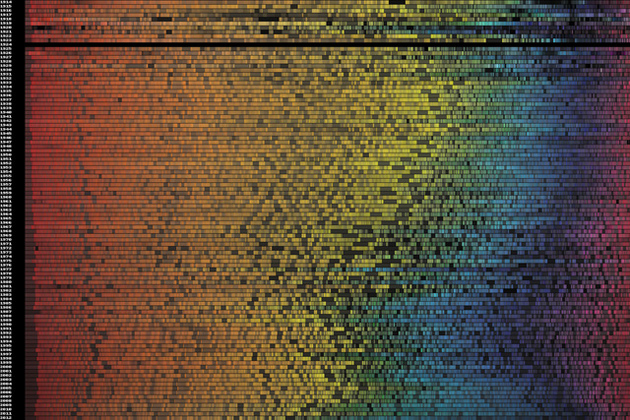Developer releases source of HTML5 mobile game, sheds light on challenges
Inspired by the buzz around HTML5, game development studio Wooga recently attempted to build a complete mobile game with standards-based Web technologies. To share the results of its year-long experiment, the company has published the game’s source code on GitHub under an open source software license.
Wooga also published a blog entry that describes some of the lessons that their developers learned from the experience. The company sees considerable potential in HTML5 gaming, but says that the technology isn’t quite ready yet. Wooga is releasing the source code with the hope that it will contribute to the Web development community’s body of knowledge.
"The reason we’re making Pocket Island open source is so that talented developers all around the world can learn from the team’s work here at Wooga, before breaking and improving on it," the company wrote in a blog post. "The promise of HTML5 is still an exciting one and while the time for mass market implementation may not be in 2012, we’re confident its time will come."




